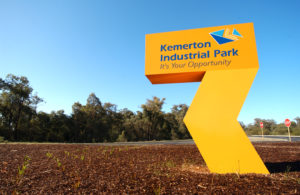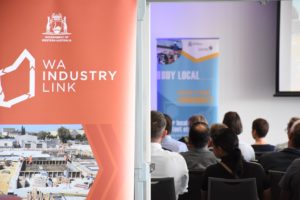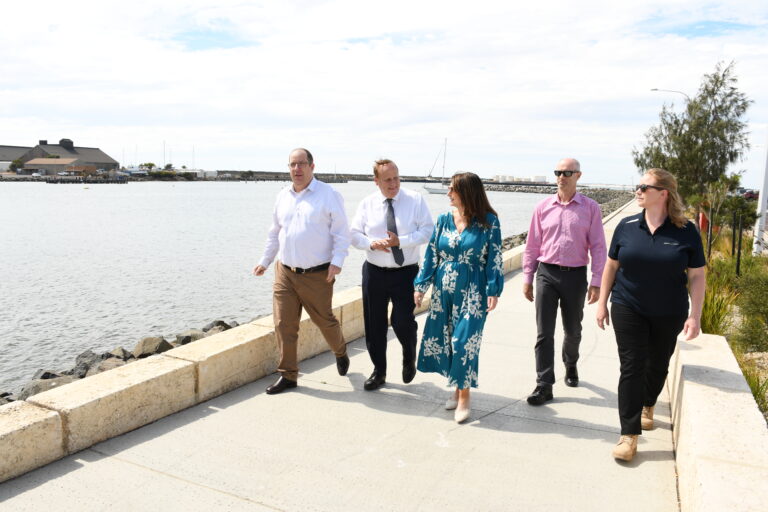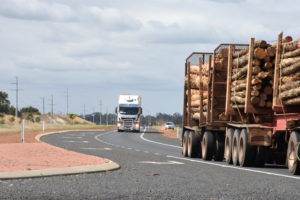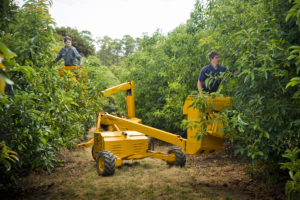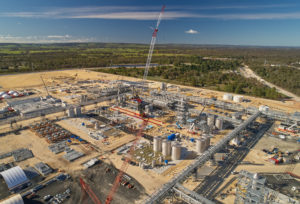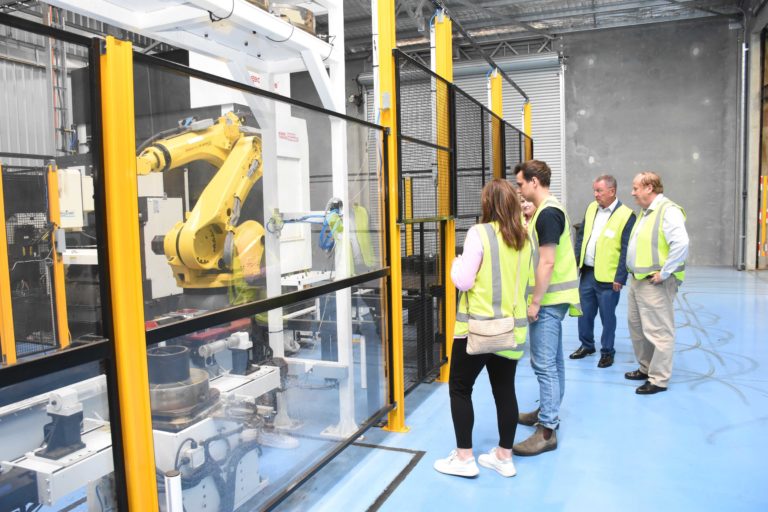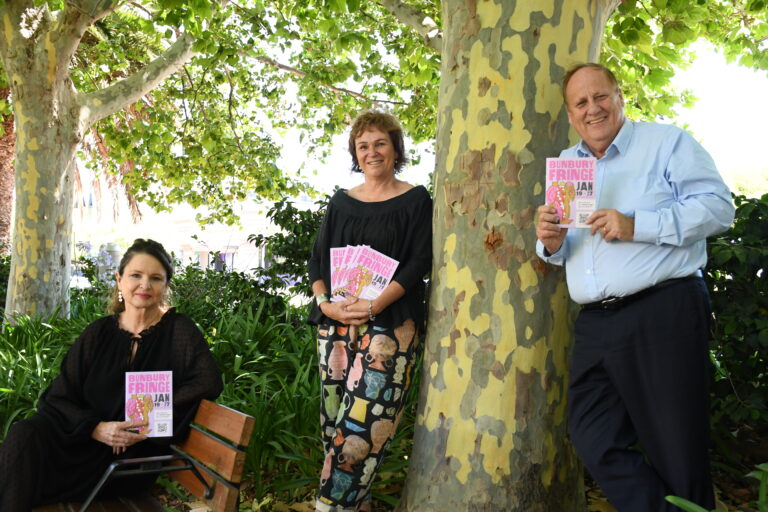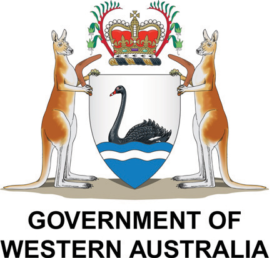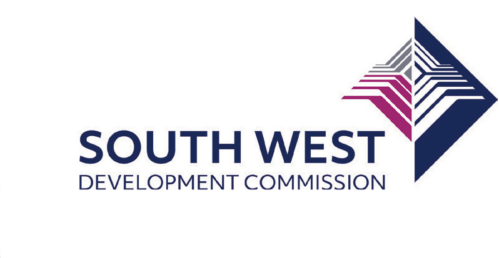RED Grants Assessment Criteria
Introduction
Applicants are required to complete all questions in the application form and demonstrate how your project meets the assessment criteria.
It is important that you provide us with a comprehensive description of your project– remembering that the assessment panel does not have the same understanding of your project as you do.
Your application should be written on the basis that the reader knows very little about the background and merits of your project.
It is recommended that you use the SMART method or a similar tool to outline how your project meets each of the program objectives.
- Specific – How exactly will your project meet the objective?
- Measurable – What quantifiable measures can you provide to detail the amount of growth or change?
- Achievable – What steps will you undertake to achieve the objective?
- Relevant – Is your project realistic and resourced to meet the objective?
- Time bound – What are your timeframes for delivering the objective?
RED Objectives
You should present a clear case explaining how your project meets one or more of the RED Grant objectives listed below. Each RED objective is unique and should be addressed separately. Do not copy and paste the same argument into each, and only answer those with direct relevance to your project.
- Sustainable jobs
- How many direct jobs will be created by your project, during its implementation and afterwards?
- Are the jobs full-time or part-time, permanent, temporary, or casual?
- How many additional hours will be worked once the project is complete?
- How does the project contribute to wider industry indirect job creation?
- Will your project result in new jobs for Aboriginal people?
- Will you employee trainees or apprentices as a result of the project?
- Expanding or diversifying industry
- What is the economic impact of your project on the region’s economy?
- What industry does your project support and how will it change the status quo or lead to new ventures being established?
- Have you considered any barriers that the industry may face before the potential of your project can be realised?
- Have you considered using data calculators such as Remplan to measure the economic impact of your project?
- Developing skills or capabilities
- Will new technology be introduced to modernise practices?
- Will the project allow you to redeploy and/or upskill workers?
- Is there a skills gap in the region that your project aims to address?
- Will the project attract workers with technical expertise to the region?
- Attracting new investment in the region
- Will your project allow other businesses to start up or grow?
- Will the project unlock future investment in your business, either through monetary means or research and development?
- Will the project allow new industries to emerge, or attract business to relocate from interstate or overseas?
- Increasing productivity
- Will your project result in increased efficiencies, or safety for workers?
- Will the project increase the quality or yield of your product?
- How will you measure increased productivity, through revenue, sales, new markets or products?
- Will the project increase local consumption, or have other flow on benefits?
South West Regional Priorities
Projects that demonstrate positive outcomes in one or more of the priority sectors listed below will be viewed favourably in the assessment process:
- Aboriginal Small Business Development
- Maximising International and/or Interstate Markets
- Innovation, value adding or industry enabling
- Building capability in the key industry areas of:
- Retail, Hospitality and Tourism
- Creative Industries
- Green Energy
- Manufacturing/Advanced Manufacturing
- Healthcare and Community Services
More information on SWDC’s regional priority areas can be found here.
Financial Commitment
Business applicants must contribute a minimum 50% cash co-contribution to the project. However, to be competitive, applicants are encouraged to exceed the minimum cash contribution requirement. Leverage funding from other State government sources cannot form part of the matched funding requirement.
Not-for-profit and Aboriginal-owned businesses that can demonstrate in-kind support or cash from other sources may be considered on a case-by-case basis.
Applicants must prove financial capacity and the ability to meet ongoing costs beyond the life of the project.
Local Partnerships and Collaboration
Projects that promote cross-industry partnerships help to strengthen regional capability and prosperity. Collaboration with industry groups, government, key stakeholders and supply networks deepen industry ties and allow greater understanding of local strengths and weaknesses.
Applications that demonstrate broad industry support and economic outcomes external to the applicant’s own organisation will be viewed favourably. Include letters of support and submit these with your submission.
Project Readiness
- Do you have access to people with the right skills and experience?
- Have you completed a detailed project management plan or business plan?
- Do you have approvals in place for zoning, environmental, native title, clearing, health and safety, construction, etc?
- Do you require land or property ownership approval?
- Are your funding sources secured, eg. bank loan, cash reserves, etc?
- Have you allowed for contingencies and/or risks?
Applicants should demonstrate their capacity to complete the project within 1-2 years of commencement. Approvals must be in place or well advanced when submitting your application. Projects without the necessary approvals should demonstrate support from the relevant authorities and outline a clear pathway forward.
Full consideration should be given to how risks will be managed to ensure the success of your project.
You should provide evidence to show proper planning has taken place, and that the project is fully scoped, costed and resourced to ensure the intended outcomes will be realised and sustainable.
A few important tips
- Should your application be successful, you will be required to comply with reporting requirements and adhere to the obligations outlined in a Grant Agreement.
- Outcomes refer to the economic benefits that will be achieved from your project. They must be realistic, tangible and measurable as you will be expected to report on your project’s outcomes as part of the acquittal.
We’re here to help
If you have any questions, or need help with your application, please contact our team on 9792 2000 or email grantscoordinator@swdc.wa.gov.au .
